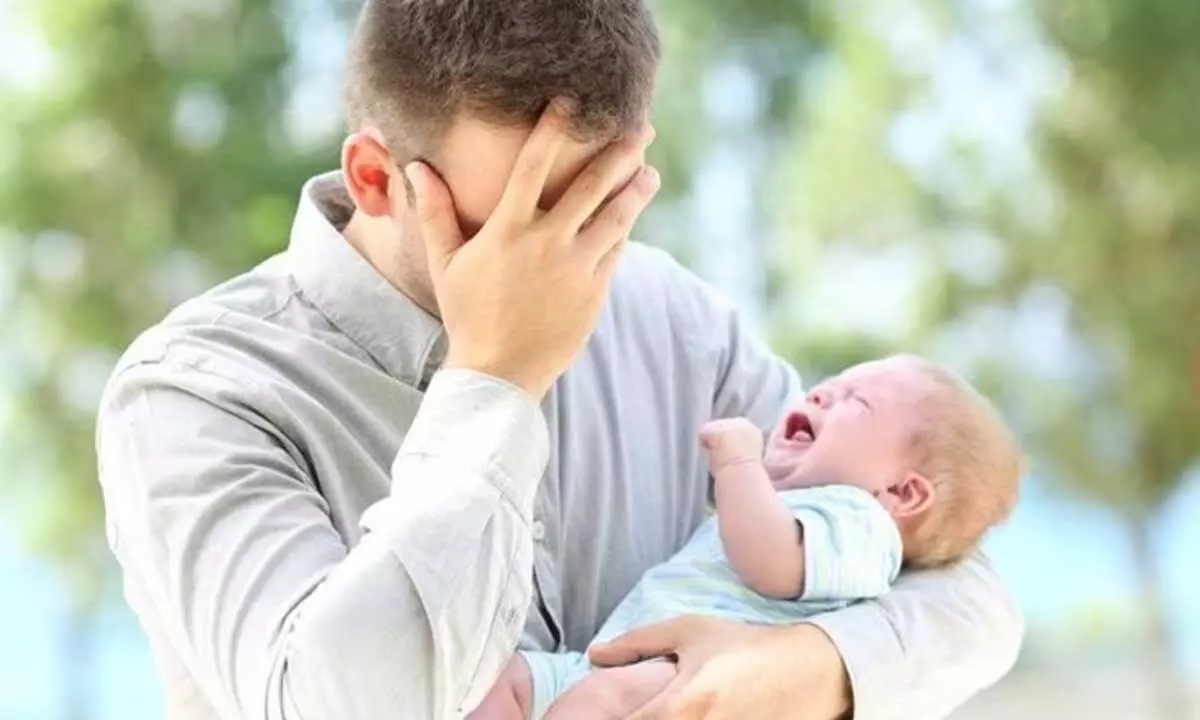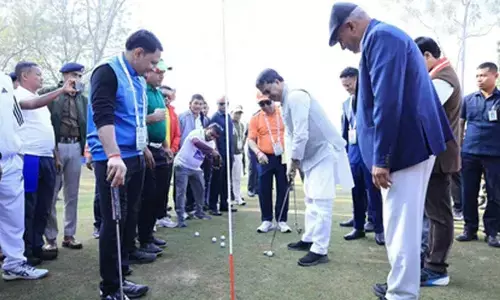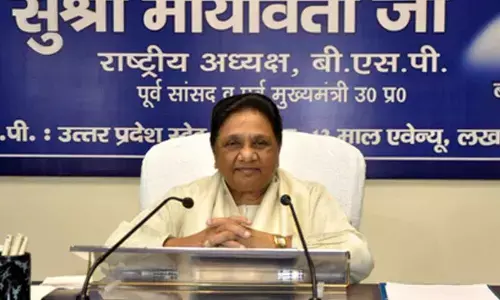Impact of Parental Anxiety or Depression on Children’s Mental Health

Parental mental health significantly influences a child's development, emotional well-being, and behaviour.
Parental mental health significantly influences a child's development, emotional well-being, and behaviour. When parents struggle with anxiety or depression, they may find it challenging to manage stress and respond appropriately to their children's needs, potentially leading to adverse effects on their children's mental health.
Insight on Parental Mental Health
Parents who deeply love their children may still struggle to provide consistent parenting due to their psychological difficulties.
Parenting Styles and Their Effects
1. Authoritarian Parenting: This style, prevalent in approximately 62% of Indian households, is characterized by strict rules, high expectations, and limited warmth. While children raised under authoritarian parents may exhibit obedience and good behaviour, they may also experience resentment and struggle with independent decision-making.
2. Permissive Parenting: Found in only 17% of Indian families, permissive parenting involves high levels of warmth and few restrictions, allowing children more freedom. While this approach can foster creativity and happiness, it may also lead to spoiled behaviour and a lack of self-discipline.
3. Uninvolved Parenting: Representing just 8% of Indian households, uninvolved parenting is marked by low levels of both warmth and control. While children may become independent under such circumstances, they may also suffer from emotional neglect and low self-esteem.
Dos and Don'ts of Parenting
• Understand your child's unique characteristics before determining your parenting approach.
• Maintain realistic expectations for your child.
• Seek therapy for your own mental health issues, such as anxiety or depression.
• Provide love and support to help your child build self-esteem.
• Accept and praise your child, demonstrating approval and affection.
• Be consistent in your disciplinary methods and set firm limits.
• Ensure consistency across family members in disciplinary strategies.
• Encourage your child to express their feelings without suppression.
Tips for Effective Parenting
• Offer sincere praise and physical affection to reinforce good behaviour.
• Avoid excessive criticism, especially in front of others.
• Use rewards to reinforce desired behaviour but refrain from using them to stop misbehaviour.
• Practice deep breathing exercises to manage stress.
• Tune out external distractions in public settings and avoid harmful discipline.
• Utilize soothing activities like listening to music, exercising, or reading.
• Seek professional support during anxiety or depressive episodes.
• Implement "parent time-outs" and age-appropriate timeouts for misbehaviour.
• Minimize communication during punishment and administer consequences promptly and consistently.
By implementing these strategies, parents can support their children's emotional well-being while managing their own mental health challenges.

















